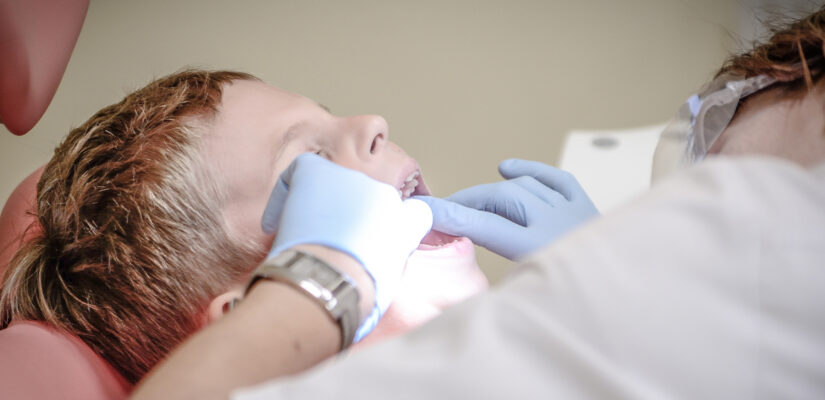
When Should You See A Gynaecologist?
Many women only visit a gynaecologist when they experience a problem, but regular check-ups are essential for maintaining reproductive health. Understanding when to schedule an appointment can help prevent complications, detect issues early, and ensure overall well-being. From puberty to menopause, different life stages require different types of care. Knowing the right time to consult a gynaecologist Dubai can help you stay informed and healthy.
First visit during adolescence:
The first gynaecological visit is recommended between the ages of 13 and 15, even if there are no immediate concerns. This initial appointment helps young women understand their bodies, menstrual cycles, and reproductive health. It also provides a safe space to ask questions about puberty, hygiene, and contraception.
Irregular or painful periods:
Menstrual cycles vary from person to person, but extreme pain, heavy bleeding, or irregular periods may indicate underlying issues such as hormonal imbalances, polycystic ovary syndrome (PCOS), or fibroids. If your cycle is unpredictable or causing discomfort, a gynaecologist can help diagnose and manage the condition.
Unusual symptoms or discomfort:
Unexplained pelvic pain, abnormal vaginal discharge, itching, or discomfort during intercourse should not be ignored. These symptoms can be signs of infections, endometriosis, or other reproductive health concerns. Early diagnosis and treatment can prevent complications.
Pregnancy and family planning:
Women planning to conceive should visit a gynaecologist for preconception counselling, which includes health assessments and advice on fertility. During pregnancy, regular check-ups ensure the well-being of both the mother and baby. If you are not planning a pregnancy, discussing birth control options with a specialist can help you choose the most suitable method.
Screening for reproductive health issues:
Routine screenings, such as Pap smears and HPV tests help detect cervical cancer and other reproductive conditions at an early stage. Women are advised to start Pap tests from the age of 21 and continue them regularly as recommended by their doctor. Mammograms and other tests may also be necessary based on age and family history.
Menopause and hormonal changes:
As women age, hormonal changes can cause symptoms like hot flashes, mood swings, and bone density loss. A gynaecologist can provide guidance on managing menopause symptoms, hormone therapy options, and overall wellness during this stage of life.